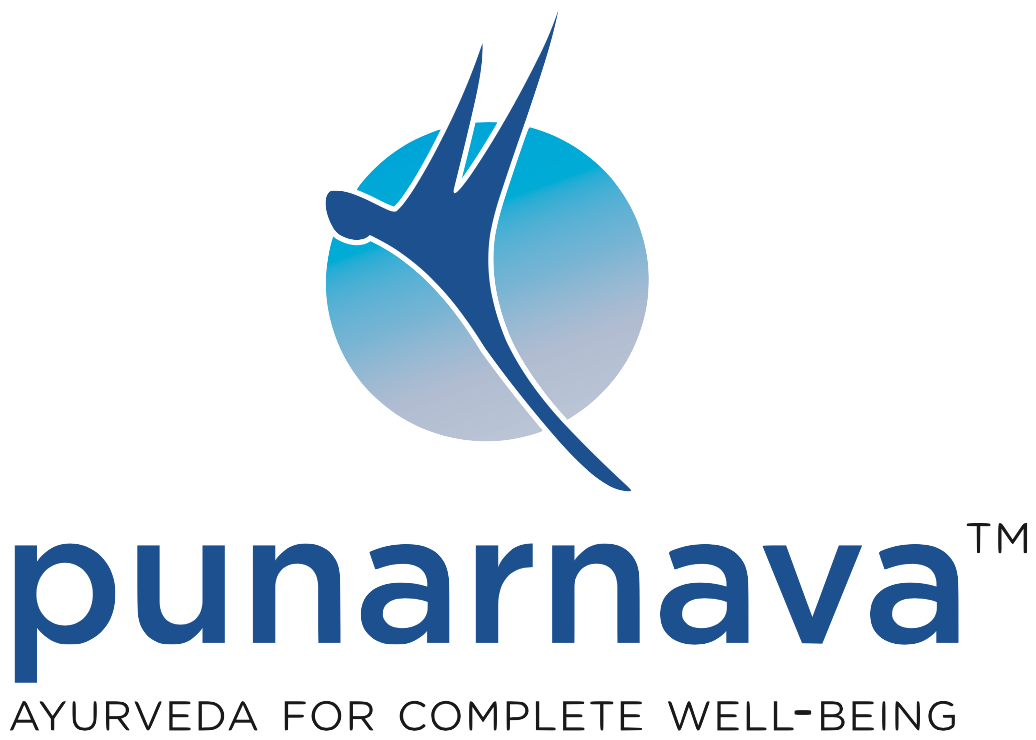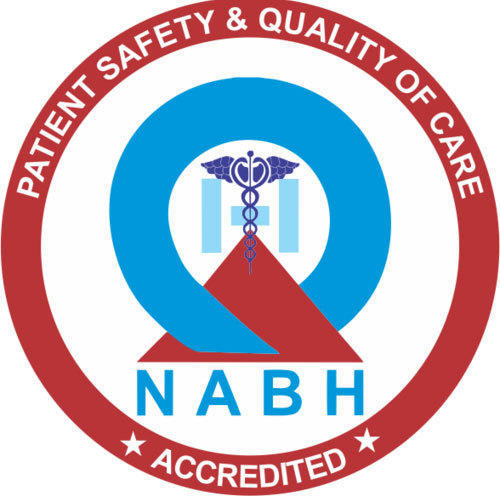Ayush Accreditation Programme
AYUSH Hospitals Accreditation Programme:AYUSH Hospital Accreditation Program started in 2009, is running in association with Ministry of Ayush, Govt. of India. It encompasses relevant & comprehensive quality assurance standards for each system i.e. Ayurveda, Yoga and Naturopathy, Unani, Siddha, Homoeopathy Hospitals and Panchakarma clinics and has separate accreditation standards as per their individual system of medicine and requirements. These are in natural alignment to the Hospital Standards, with a community focus.
Outline of NABH AYUSH Hospital Standards
Patient Centered Standards
a) Access, Assessment and Continuity of Care (AAC)
b) Care of Patient (COP)
c) Hospital Infection Control (HIC)
d) Management of Medication (MOM)
e) Patient Right and Education (PRE)
Organization Centered Standards
a) Continuous Quality Improvement (CQI)
b) Responsibilities of Management (ROM)
c) Facility Management and Safety (FMS)
d) Human Resource Management (HRM)
e) Information Management System (IMS)
Benefits of Accreditation
a) Improved level of community confidence and trust
b) Safety and quality into focus
c) Roadmap for standardization d) Patient centered culture
e) Systems oriented approach
f) Improved patient satisfaction levels
g) Improved health outcomes
h) External recognition
i) Enhanced reputation
j) Insurance coverage
AYUSH Hospitals Accreditation Programme:AYUSH Hospital Accreditation Program started in 2009, is running in association with Ministry of Ayush, Govt. of India. It encompasses relevant & comprehensive quality assurance standards for each system i.e. Ayurveda, Yoga and Naturopathy, Unani, Siddha, Homoeopathy Hospitals and Panchakarma clinics and has separate accreditation standards as per their individual system of medicine and requirements. These are in natural alignment to the Hospital Standards, with a community focus.
Outline of NABH AYUSH Hospital Standards
Patient Centered Standards
a) Access, Assessment and Continuity of Care (AAC)
b) Care of Patient (COP)
c) Hospital Infection Control (HIC)
d) Management of Medication (MOM)
e) Patient Right and Education (PRE)
Organization Centered Standards
a) Continuous Quality Improvement (CQI)
b) Responsibilities of Management (ROM)
c) Facility Management and Safety (FMS)
d) Human Resource Management (HRM)
e) Information Management System (IMS)
Benefits of Accreditation
a) Improved level of community confidence and trust
b) Safety and quality into focus
c) Roadmap for standardization d) Patient centered culture
e) Systems oriented approach
f) Improved patient satisfaction levels
g) Improved health outcomes
h) External recognition
i) Enhanced reputation
j) Insurance coverage





